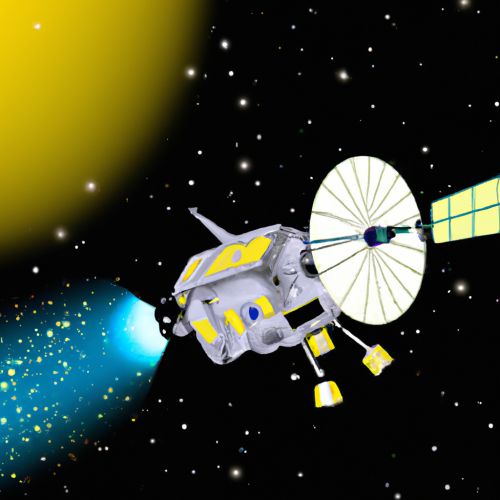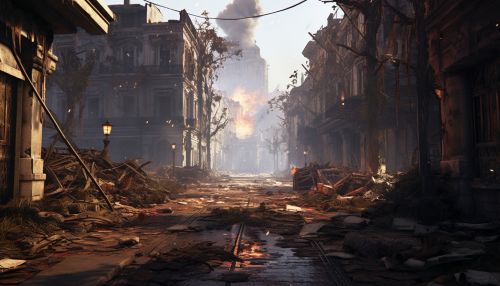Second Chechen War
Background
The Second Chechen War, also known as the Second Chechen Campaign, was a military conflict that took place from August 1999 to April 2009 between the Russian Federation and the Chechen Republic of Ichkeria. The war was part of a larger pattern of conflict between Russia and the North Caucasus region, which has been a site of tension and warfare for centuries.
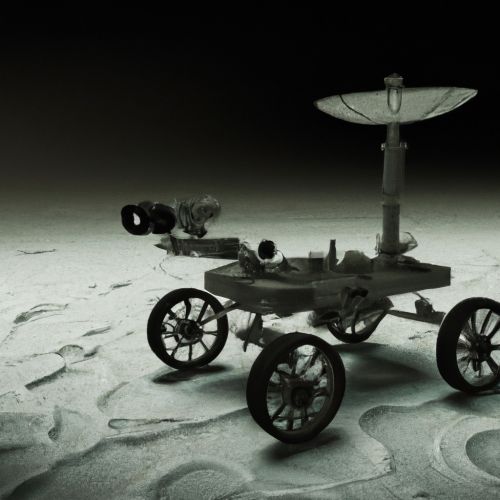
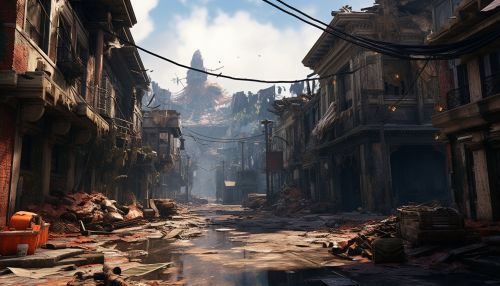
Causes
The Second Chechen War was triggered by a series of events, including the invasion of Dagestan by the Islamic International Brigade (IIB) and a series of apartment bombings across Russia. The Russian government blamed Chechen separatists for these attacks, which provided a pretext for military intervention in Chechnya.
Course of the War
The war began with the Russian military's aerial bombardment and ground invasion of Chechnya in September 1999. The initial phase of the war saw the Russian forces capturing major Chechen cities such as Grozny, Gudermes, and Argun.
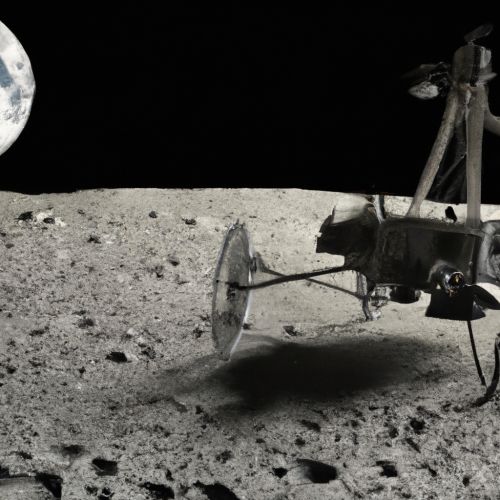
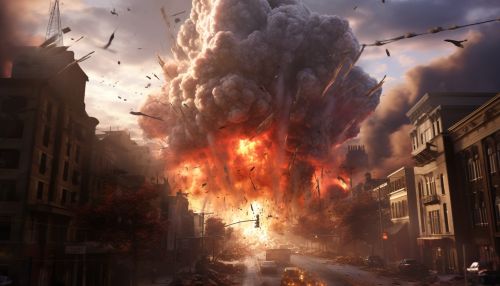
The second phase of the war was characterized by guerrilla warfare, with Chechen fighters launching attacks on Russian forces and conducting terrorist attacks in Russia. The war officially ended in April 2009, although sporadic violence continued in the region.
Impact
The Second Chechen War had a profound impact on both Chechnya and Russia. The war resulted in significant civilian casualties and widespread destruction of infrastructure in Chechnya. It also led to a shift in the balance of power in the region, with Russia reasserting its control over Chechnya.

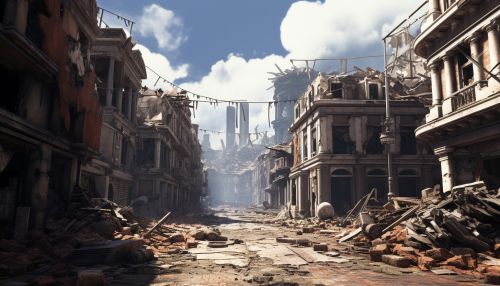
Aftermath
In the aftermath of the war, Russia implemented a policy of "Chechenization", transferring more responsibility for security and governance to local pro-Russian leaders. This policy, however, has been criticized for fostering a climate of impunity and human rights abuses.
